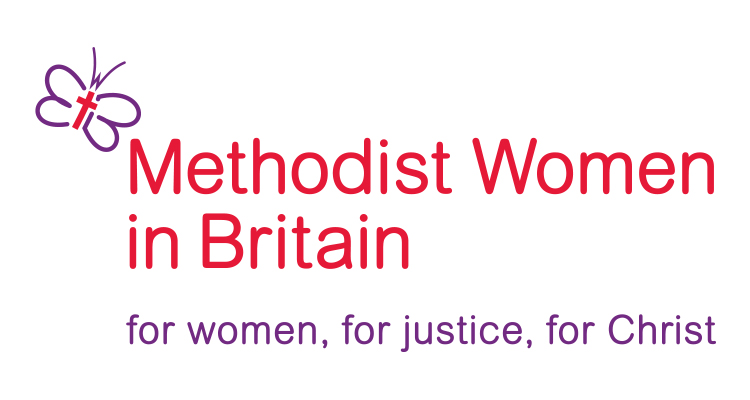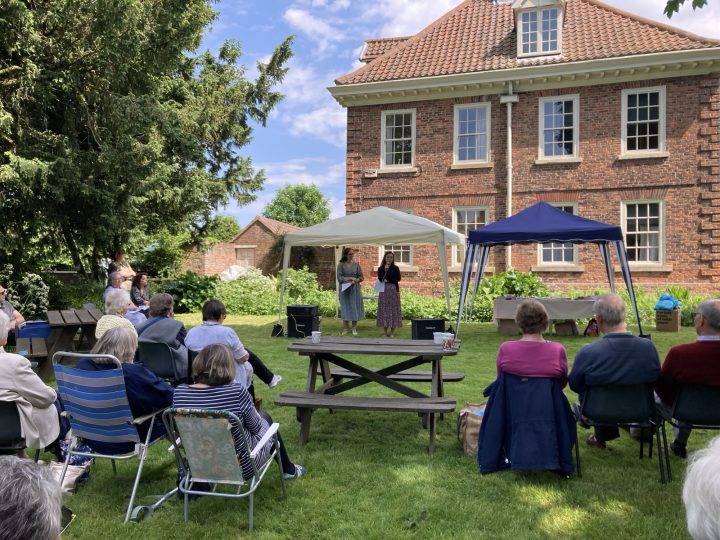
Our home group is focussing on the book of Ruth for the next few weeks, looking at the story from a different perspective to that outlined in the Methodist Church guidance for Bible month, but also supporting that initiative. I was reminded of an outline talk I put together some months ago on the same topic when I was thinking about the women mentioned in the bible. So, I looked out what I had written, mainly to see if there was anything of interest that I could add to my notes.
What struck me was not only the loyalty and faithfulness between Naomi and Ruth, but also a feeling that they must have developed a close friendship. This sent my mind to thinking about friendships on a more general basis. In our modern world friendship can often be a somewhat romanticised concept. Books, films and images often portray friendship in ‘rosy’ terms, and there are many phrases and quotations shared that reinforce that ideal. There is nothing intrinsically wrong with that, but perhaps it is not entirely in touch with reality.
Most of us develop friendships, some are forged in childhood and grow stronger over time. Others happen when we find ourselves in similar situations of life such as college, caring for children, working alongside people. We discover similar interests, laugh at the same kind of things, learn to trust the others’ judgements, realise they will offer help when we are in need. Does that then mean that friendship is something which brings comfort and security? Well, of course it can do, but not always. Friends do sometimes disagree, even ‘fall out’ with one another which can cause significant upset and hurt. Hopefully, in most instances, being willing to talk about the problem and share honestly will enable reconciliation. It is sad when the friendships are broken, and no positive means of repairing the harm can be agreed, for it can lead to lasting animosity.
It is not simply individuals or small groups who develop friendships. Countries and nations talk about friendships. Do we see these relationships in the same ways as we see our personal ones? Dare I suggest that many of these are based on economic enhancement for one or more parties? And what about situations where there is a need for friendship and understanding, but a lot of past history means there are many obstacles to overcome to build bridges towards a true friendship.
The recent events following the killing of George Floyd have caused much sadness and anger, revising many awful incidents of mistreatment and suffering over many years. Those of us in positions of responsibility need to carefully consider how best to support the laudable protests. We need to be mindful of standards across the world. Change in many areas is long overdue, but well planned and executed change is needed, based on much better understanding of what has been done and why. We need to read about the experiences of people who have been ‘kept down’. We need to listen to personal stories. We need to use peaceful means of bringing about change; to tell the authorities and law makers our views, to use our votes wisely. Then maybe we will see relationships start to develop where trust becomes embedded, allowing friendships to grow across all sectors of society. It will not be easy, for there has been much hurt, but we must keep trying. We must pursue the journey of reconciliation, a ministry to which we are called as in 2 Corinthians 5: 18
‘All this from God, who reconciled us to himself in Christ, not counting men’s sins against them. And he has committed to us the message of reconciliation.’



